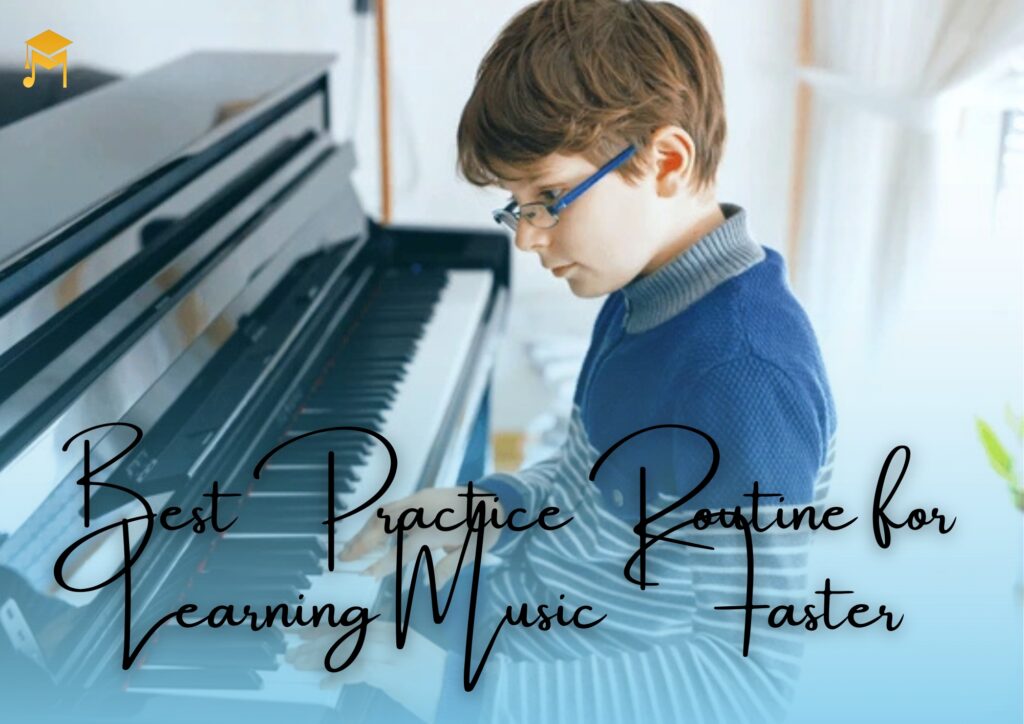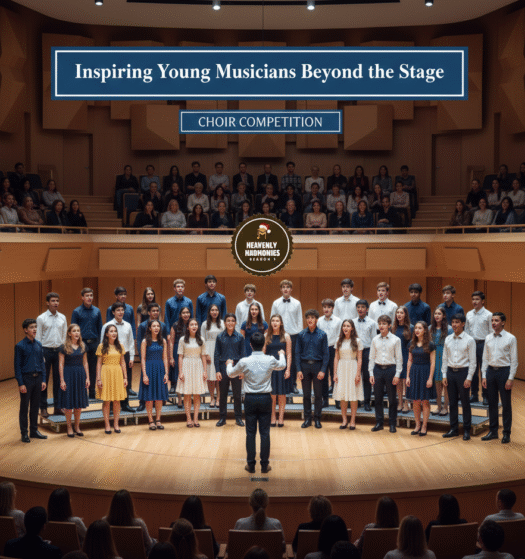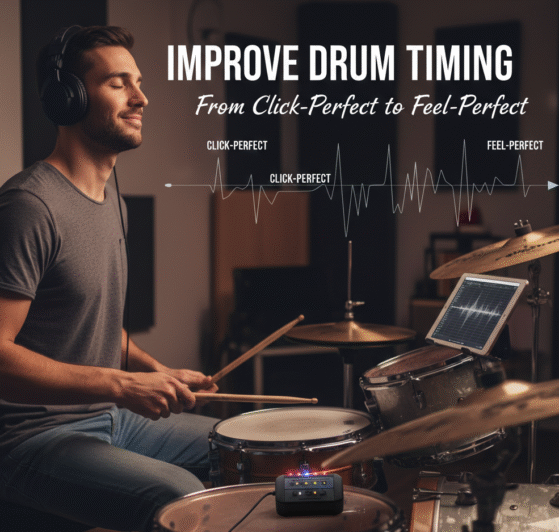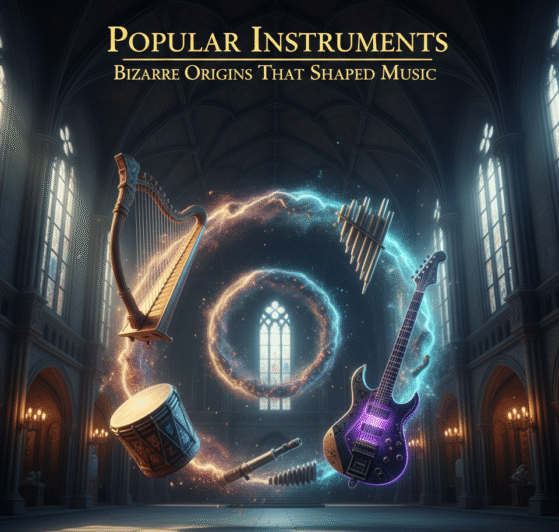Best Practice Routine for Learning Music Faster
Embarking on the journey of learning music is an enriching experience that nurtures creativity, discipline, and self-expression. Whether you’re a beginner or an experienced musician aiming for greater mastery, establishing a structured practice routine is vital for enhancing your skills and accelerating your progress. In this blog, we’ll delve into a comprehensive practice routine designed specifically to help you learn music faster and more effectively, based on key steps highlighted in our recent reel.
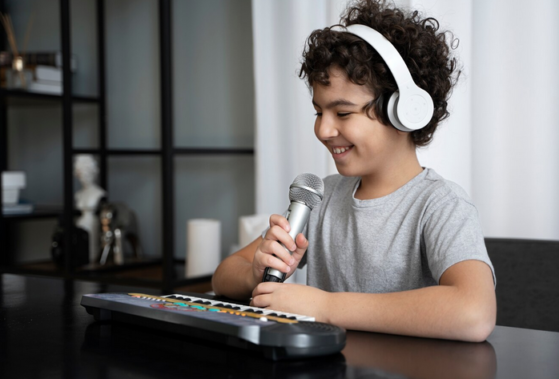
Prepare for Success!
The first step to effective practice is preparation. Setting the right environment and mindset can significantly influence your focus and productivity.
Creating Your Ideal Space:
- Choose a Suitable Location: Find a quiet, comfortable space that’s free from distractions. Good lighting and a clutter-free environment will help you concentrate better.
- Gather Your Materials: Ensure that you have all necessary materials at hand—your instrument, sheet music, a tuner, a metronome, and any additional resources. Having everything organized and within reach saves valuable time and minimizes disruptions during your practice.
Setting the Right Mindset:
- Visualize Your Goals: Before you begin, take a moment to visualize what you want to achieve in your practice session. Picture yourself mastering a specific piece or executing a technique flawlessly. This mental preparation can boost your confidence and focus.
- Limit Distractions: Turn off notifications on your devices and communicate with those around you about your practice time. A few minutes of preparation can go a long way in ensuring a productive session.
Why It Matters:
A well-prepared space fosters concentration and engagement, laying the foundation for productive practice sessions. Additionally, a focused mindset enhances your ability to absorb and apply what you’re learning.

Time & Goal Setting
Once you’re ready, establishing a consistent routine is crucial for steady progress.
Crafting Your Schedule:
- Set a Daily Practice Time: Dedicate a specific time each day to practice, aiming for a minimum of 30 minutes. Consistency is key—find a time that fits seamlessly into your daily routine.
- Establish Clear Goals: Before each session, write down specific, achievable goals. Whether it’s mastering a section of a song or perfecting a technique, clear goals give your practice direction and focus. You can even break your goals down into short-term (daily or weekly) and long-term (monthly or quarterly) objectives.
Why It Matters:
A consistent practice schedule cultivates discipline and habit, while specific goals keep you motivated and on track. Having measurable goals allows you to track your progress, making your achievements more tangible.
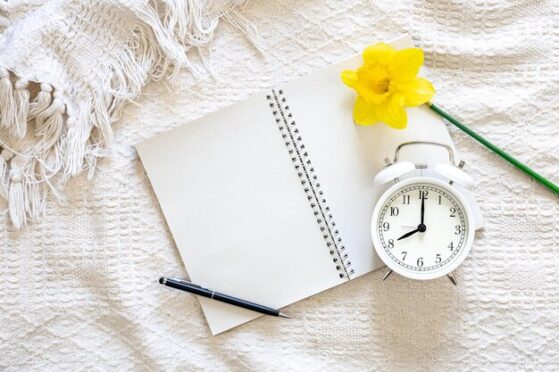
Warm Up Properly
Warming up is essential to prepare your body and mind for effective practice.
Effective Warm-Up Techniques:
Start with Exercises: Spend the first 5-10 minutes on warm-up exercises. Focus on scales, arpeggios, or finger drills. These exercises increase your finger dexterity. They also boost your familiarity with your instrument, helping you learn music faster.
Incorporate Stretching: Don’t forget to stretch your fingers and hands. Stretching prevents injury and improves flexibility. It also prepares your muscles and reduces tension. This enables smoother movements as you play.
Why It Matters:
Warming up reduces the risk of injury. It also enhances your overall technique. This ensures a more productive practice session. A good warm-up prepares both your body and mind. It allows you to engage more effectively with the music. Ultimately, it helps you learn music faster.

Break it Down
Tackling challenging pieces can be daunting, but breaking them down makes the process manageable.
Chunking Your Practice:
- Divide the Music: Break your piece into smaller sections. Focus on mastering one section at a time before moving on to the next. This can involve identifying difficult passages and isolating them for focused practice.
- Label Each Part: Use labels like A, B, C, or descriptive names based on musical phrases to keep track of what you’re working on. This labeling makes it easier to navigate through the piece and track your progress.
Why It Matters:
Chunking helps you concentrate on difficult sections without feeling overwhelmed. This method promotes a better understanding of the piece, leading to increased confidence as you progress. It also prevents frustration, making the learning experience more enjoyable.

Use a Metronome
A metronome is an invaluable tool for developing timing and rhythm.
Practicing with a Metronome:
- Start at a Slow Tempo: Begin with a slow tempo to focus on accuracy, gradually increasing the speed as you become more comfortable with the material. Starting slow allows you to internalize the rhythms and notes before speeding up.
- Maintain a Steady Rhythm: Use the metronome to help you keep a consistent tempo, which is particularly important for complex pieces. Practicing with a steady pulse reinforces your sense of timing and rhythmic accuracy.
Why It Matters:
Slow practice allows for the development of precision and technique, while the metronome strengthens your internal sense of timing. Developing a solid rhythmic foundation is crucial for musical performance, as it enhances your ability to play alongside other musicians.
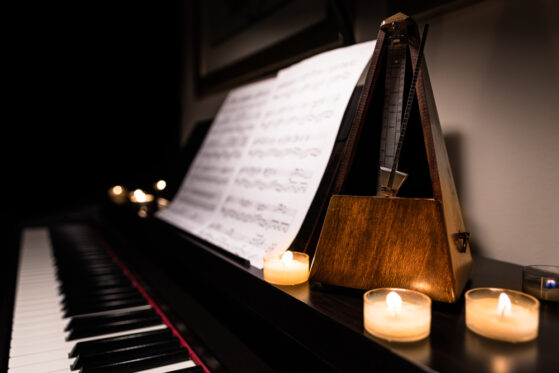
Self-Record & Reflect
Recording your practice sessions is a powerful way to enhance your learning.
Using Technology to Your Advantage:
Record Your Practice: First, use your phone or computer to capture your playing. This practice not only allows you to listen back critically but also enables you to assess your performance more effectively. By hearing yourself, you can discover nuances and details that you might miss while playing.
Evaluate and Reflect: After listening, take the time to identify areas for improvement, while also celebrating what you’ve accomplished. Moreover, keeping a practice journal to document your reflections can be invaluable, as it allows you to note what worked well and what needs more attention.
Why It Matters:
Ultimately, recording helps you recognize subtle nuances you may overlook during practice. Additionally, reflecting on your performance promotes growth and provides insight into your progress, which makes it easier to set new goals for future sessions.

Enjoy the Journey!
Ultimately, it is essential to remember that learning music should be a joyful experience. Moreover, it should enable you to learn music faster while still enjoying the process.
Cultivating a Positive Mindset:
Celebrate Progress: First and foremost, acknowledge your achievements, no matter how small they may seem. Each milestone contributes significantly to your growth as a musician. In addition, consider rewarding yourself after reaching significant goals, as this reinforces your motivation and encourages you to keep progressing.
Explore Different Styles: Furthermore, keep your practice fresh by trying new genres or pieces. Playing with friends or joining a group adds excitement to your musical journey. Not only does engaging with others inspire creativity, but it also makes practice feel less solitary and more enjoyable.
Why It Matters:
Ultimately, maintaining joy in your practice fuels your passion for music. By embracing the process—along with its challenges and triumphs—you create an experience that is both rewarding and fulfilling. Consequently, this approach allows you to learn music faster and with greater enthusiasm.

Conclusion | Practice Smart, Play Better!
By incorporating these steps into your practice routine, you will enhance your musical abilities. You will also develop a deeper appreciation for the art of music. If you want to learn music faster, remember this: effective practice focuses on quality, not quantity. Consistency is essential. Set clear goals for yourself. A positive approach can transform your music learning experience into a fulfilling journey.
So, grab your instrument and follow these guidelines. Watch as your musical skills flourish. Whether you aim to play as a hobby or aspire to perform professionally, a smart practice routine will be your greatest ally. Embrace each practice session. Let your love for music shine through!


